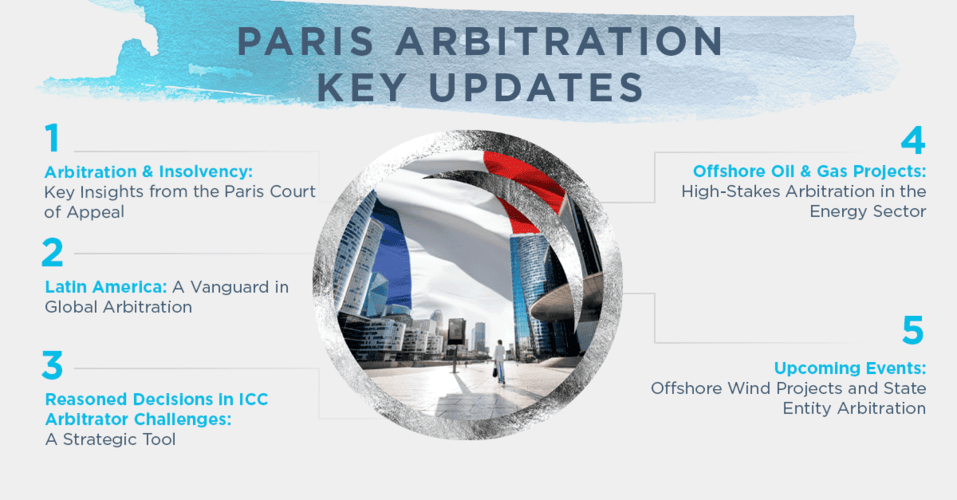What happened?
Tesco has brought proceedings against Broadcom, VMware and Computacenter alleging breaches of contract, statutory duties, and competition law, seeking amongst other things, damages of at least £100m, various declarations, specific performance and injunctive relief. The claims arise from Broadcom’s changes to its business licensing practices following its acquisition of VMware in November 2023, which Tesco argues are anti-competitive.
The claim comes at a time of increased scrutiny by regulators of software vendors – the recent European Commission competition investigation, and the separate dawn raid by the Dutch competition authorities, are good examples. These developments could reshape licensing practices internationally. There are also steps that parties can take now in relation to their licensing arrangements, including those summarised at the end of this briefing.
Background to the claim
In 2021, Tesco Stores Limited (Tesco) entered into a new enterprise licence agreement with VMware International Unlimited Company (VMware) for perpetual licences for vSphere Foundation and Cloud Foundation, subscription licences for Tanzu (together virtualisation software), with associated support services (virtualisation support). These underpin Tesco’s servers and data systems that enable Tesco’s stores and operations to function, hosting c.40,000 server workloads.
To pay for the above virtualisation software and support, Tesco entered into an agreement with Computacenter (UK) Ltd (Computacenter) by which Tesco would make staged payments, and Computacenter would (as a third-party reseller) supply the virtualisation software and support (CC Agreement). As part of the Parties’ arrangements, Tesco alleges that VMware agreed to certain renewal provisions, which would if triggered extend the initial term (Renewal Provisions).
Later in 2021, Tesco entered into an agreement with Broadcom’s group company, CA Europe Sarl (Mainframe Agreement) for the provision of mainframe software licences, primarily on a subscription basis, and associated support services.
Broadcom acquired VMware, Inc in November 2023. After the acquisition, Broadcom announced that it was “simplifying” its offering including its licensing model, discontinuing perpetual licences and standalone support services, and bundling products into subscription-based offerings at higher prices and on a long-term basis.
Tesco (and the pleading notes that the same will also apply for other customers), alleges that it does not require subscription-based licences for the perpetually licensed software that it has already paid for. Nevertheless, in order to obtain the necessary virtualisation support services for the perpetually licensed software in the future, Tesco’s only option from 28 January 2026 will be to pay for the bundled subscription offering which includes superfluous and duplicative subscription licences for other products that it does not need.
In October 2024, Tesco sought to exercise its contractual right to rely on the Renewal Provisions to extend the virtualisation software and support for several more years. Computacenter, Broadcom, and VMware are alleged to have ignored Tesco’s request, instead sending Tesco the proposal which bundles the different software products and services together at an increased price for a 7-year term. This was rejected by Tesco. Broadcom and/or VMware have stated that they will continue to perform all obligations, but only until expiry of the initial term.
Alleged claims
Tesco alleges:
1. Computacenter has breached and/or committed an anticipatory breach of contract, by failing to implement Tesco’s contractual right to renewal and by indicating that it will not comply with its contractual obligation to procure and/or supply the renewals sought, citing Broadcom’s new policies.
2. VMware is in breach of contract by failing to ensure that Computacenter is able to honour Tesco’s renewal request and supply the required software and support, and/or for failing to provide such software and support directly.
3. Broadcom and/or VMware induced or procured Computacenter’s breach of contract.
4. Broadcom is dominant in the relevant market and is abusing that dominance in breach of the Chapter II prohibition (Competition Act 1998) by imposing unfair trading conditions, refusing to supply essential software and support services, tying and bundling products, and charging excessive and unfair prices.
5. Broadcom and/or VMware and Computacenter are in breach of the Chapter I prohibition (Competition Act 1998).
Tesco has sought declarations that (i) it has validly exercised its option to renew for software and support services and that Computacenter is in breach of contract by not implementing it; (ii) VMware is in breach of contract; and (iii) in respect of the competition law claims above. Tesco has also sought a final injunction compelling specific performance to supply the relevant virtualisation software and support for the renewal period, damages plus interest.
Practical points to consider now:
1. Review your contracts: review your master services agreements, statements of work, end-user licence agreements, and licence schedules, and in particular documents that are referred to via hyperlink. Do you have everything? Pinpoint which licences are perpetual, subscription, which are time-limited, and identify the precise details of support and upgrade clauses, including any extension options and the governing law/venue. Take the time to check compliance with licence terms too. Tesco’s pleading confirms that it is aware that other downstream customers of the defendants will be in a similar position to Tesco, who will also be required to take these bundled software services at a higher price and will not be able to renew or extend their current arrangements. Once you have reviewed the above, you should consider whether you also have a potential claim.
2. Use of resellers: the use of resellers is common, especially in arrangements such as this, providing benefit for all parties. However, as this case demonstrates, clarity and the practical reality of a reseller’s obligations (especially around issues such as renewal and procuring licensor actions), and the inter-relationship of the arrangements between them, the licensor and licensee are key.
3. Unilateral and/or discretionary rights: often licensor terms will allow them to make unilateral and discretionary changes – here to decide to retire software and services. However, the scope and potential impact of those rights need to be carefully considered at the negotiating stage and leading into renewal time.
4. Support services: these are crucial, especially to ensure upgrades, patches, and security, but often are not given the attention they deserve, leading to ambiguity and issues. Their inter-dependency on the base licences should also be considered.
5. Lock in extensions early: if your licence includes options to extend support or updates, make sure you review and exercise these well in advance of their expiry, and secure clear documentation of the licensor’s agreement. Acting early reduces risk and helps avoid disputes.
6. Escalation: where necessary, use a structured escalation process whilst expressly reserving your contractual rights and avoiding any waivers. As you do, and as early as possible, consider potential breach notifications and remedies.
7. Future-proof new deals: for upcoming projects, areas of particular focus for parties to consider include change-of-control, price-caps / renewal guardrails, explicit support/upgrade commitments (with service definitions and security-update obligations), and step-in rights if a reseller fails to perform. Also, with mission critical software, damages will unlikely be an adequate remedy, so considering worst case scenarios when approaching new deals and making provision to address them, including lowering bars to obtain remedies such as specific performance, injunctions and/or other relief is important.
If you have any questions, please speak with the authors or your usual contact.







